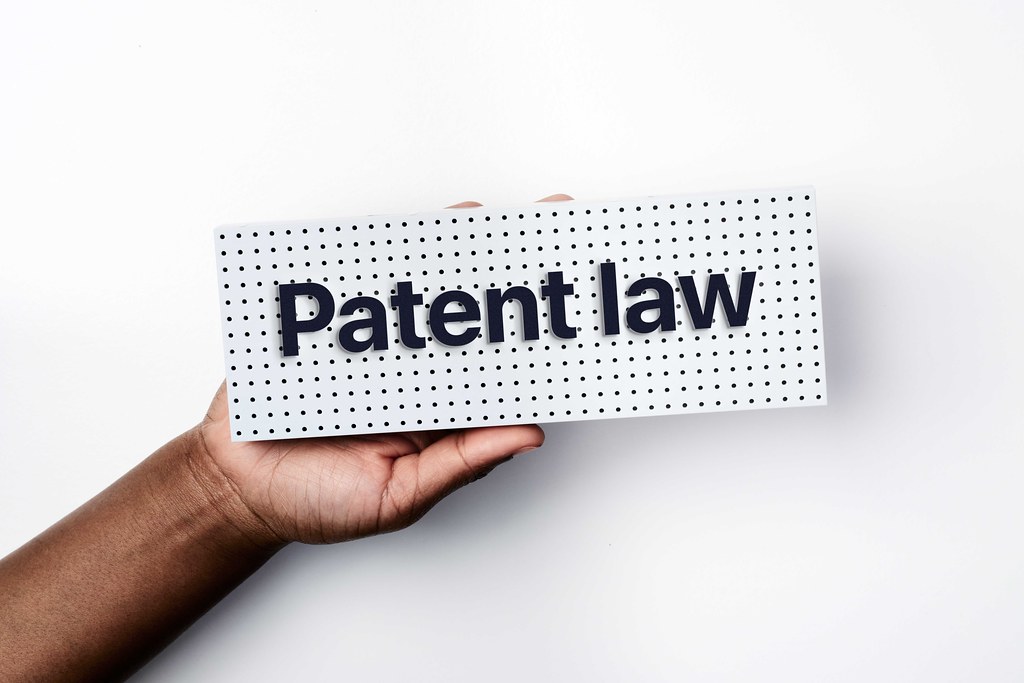Calcutta High Court Upholds Scientific Merit Over Moral Speculation in Patent Law: A Landmark Ruling in ITC’s Aerosol Device Case

The Calcutta High Court recently addressed the intersection between the patent law and public health in a significant ruling concerning ITC Limited’s patent application for a “Heater Assembly to Generate Aerosol”. The patent was initially denied by the Controller of Patents under Section 3(b) of the Patents Act, 1970, citing concerns related to public health, morality and the Prohibition of Electronic Cigarettes (Production, Manufacture, Import, Export, Transport, Sale, Distribution, Storage, and Advertisement) Act, 2019.
Background
ITC’s invention pertains to a device capable of generating aerosols using substrates, which may or may not contain tobacco. With increasing demand for handheld aerosol-generating devices, the invention was designed to provide uniform heat distribution through the aerosol-forming substrate. Despite satisfying the “inventive” requirement, the patent was denied under Section 3(b) of the Act, which excludes inventions “the primary or intended use or commercial exploitation of which could be contrary to public order or morality or which causes serious prejudice to human, animal or plant life or health or to the environment”.
Court’s Observations
Justice Ravi Krishnan Kapur emphasized that denying a patent based solely on moral and public health grounds, without any independent scientific or technical evidence, is unsustainable. He noted that subjective notions cannot form the basis for such rejections.
Further, the Court observed that the Controller erroneously assumed the invention was exclusively intended for use with tobacco products. However, the invention’s design allows for use with substrates that may or may not contain tobacco, and this misjudgement led to an unjustified rejection.The judgement notes that the Controllermisinterpreted the scope of Section 3(b), mistakenly assuming the
invention’s exclusive application with tobacco and relying on Article 47 of the Constitution, which addresses the State’s duty to improve public health.
Justice Ravi Krishnan Kapur clarified that the Prohibition of Electronic Cigarettes (Production, Manufacture, Import, Export, Transport, Sale, Distribution, Storage, and Advertisement) Act, 2019, which bans the production and sale of e-cigarettes, pertains to commercial activities and does not directly impact the patentability of an invention. Therefore, the existence of such a ban should not influence the decision to grant or deny a patent.
The Controller’s reliance on the three undisclosed documents, which were not shared in the First Examination Report (FER), clearly amounts to a violation of principles of natural justice. The Appellant was denied the opportunity to respond, rendering the decision arbitrary and procedurally flawed. Such non-disclosure vitiates the impugned order and warrants its setting aside.
The decision carries significant consequences for the patent environment in India, especially concerning health-related innovations. The judgement affirms that the patent decisions must rely on scientific and technical grounds rather than on morality or speculative health risks. The Court also reaffirmed that the bans on sale or distribution of products like e-cigarettes do not amount to a ban on the innovation itself. Inventions remain eligible for patent protection even if their sale is restricted. Moreover, this judgement sets as a precedent for interpreting Section 3(b) in a narrow aspect.
It also separates the roles of different legal frameworks, ensuring that health regulations do not spill over into domains where they have no direct legislative mandate.
Conclusion
In conclusion, the High Court at Calcutta overturned the Controller’s rejection of ITC Limited’s patent application for a “Heater Assembly to Generate Aerosol,” finding that the Controller’s decision was flawed on multiple grounds. The Controller’s reliance on section 3(b) of the Patents Act, 1970, to reject the invention on the basis that it could cause serious prejudice to human life, health, public order, and morality was deemed
erroneous due to a lack of reasoning and supporting evidence. Additionally, the Controller’s interpretation of section 83(e) was found to be mistaken, as it assumed that granting the patent would lead to commercialization and negatively impact public health. The Controller’s use of documents that were not disclosed to the appellant prior to the impugned order violated the principles of natural justice, denying the appellant the opportunity to address these documents. The court found the assertion that the invention was contrary to public order and morality to be cryptic and unsupported by any rationale. Consequently, the court set aside the impugned order and remanded the matter back to the Controller for a fresh decision, emphasizing that all parties must be given a right of hearing within three months.
For further details, write to us at: contact@indialaw.in
By entering the email address you agree to our Privacy Policy.



